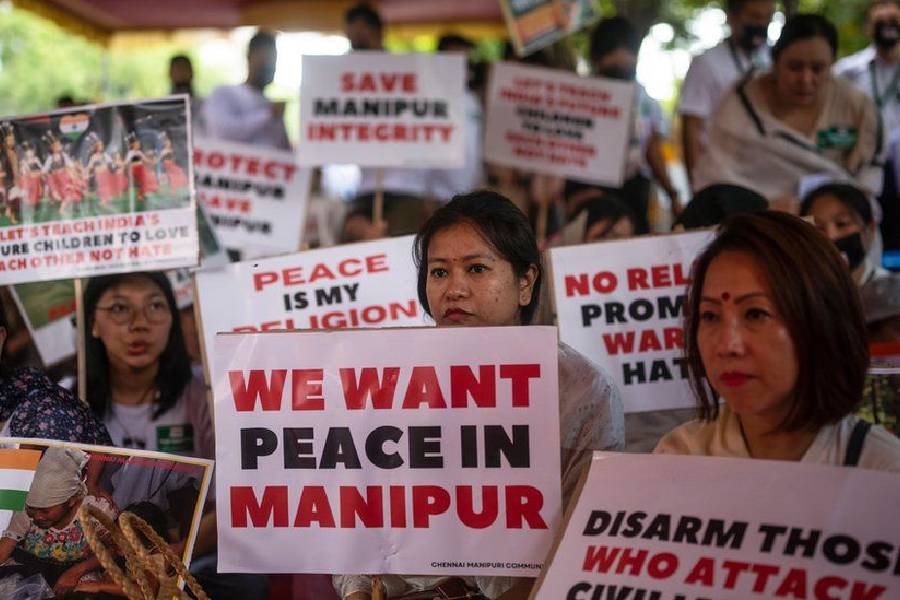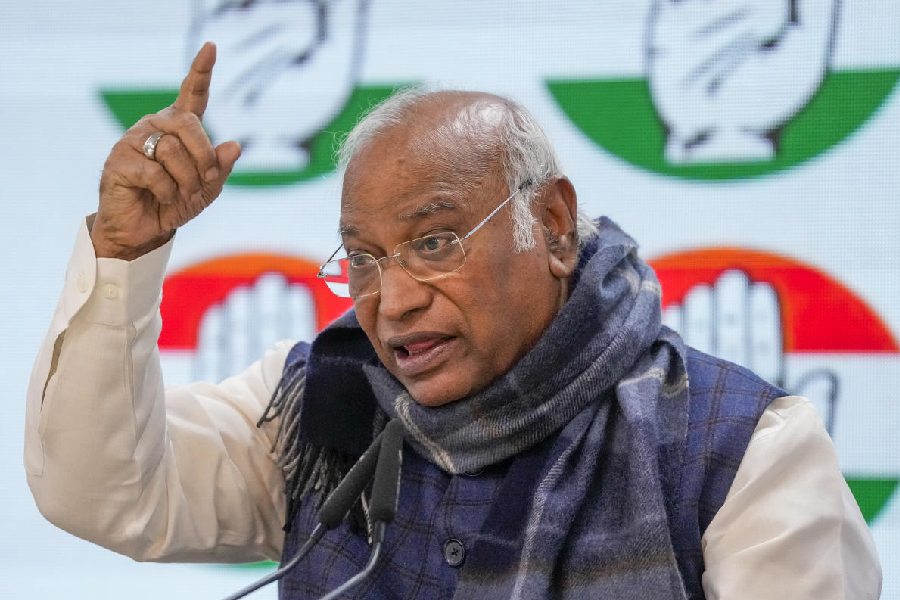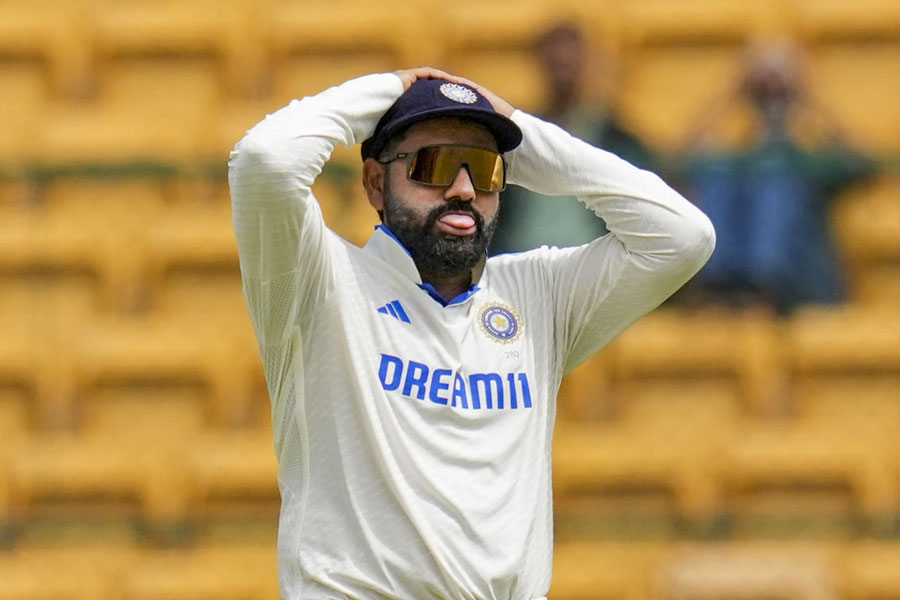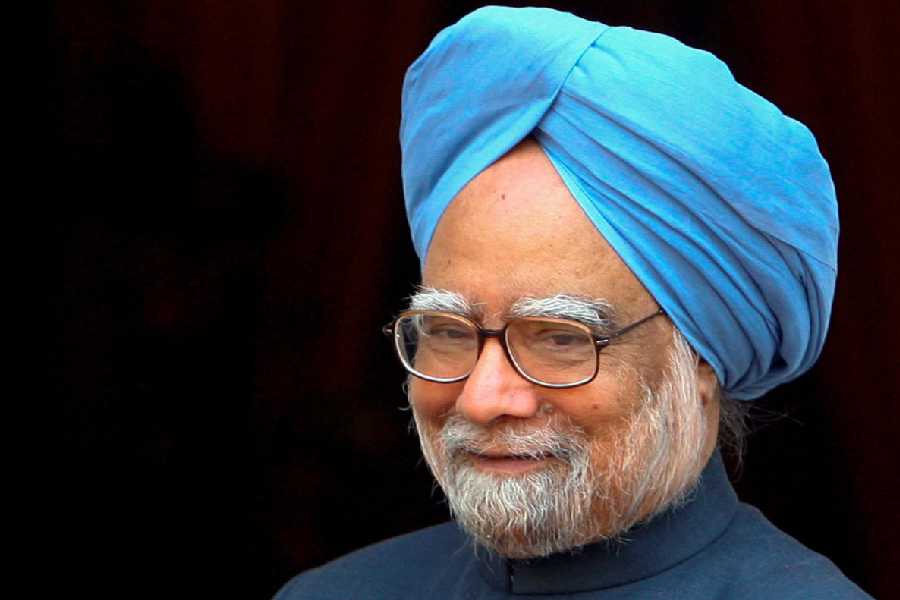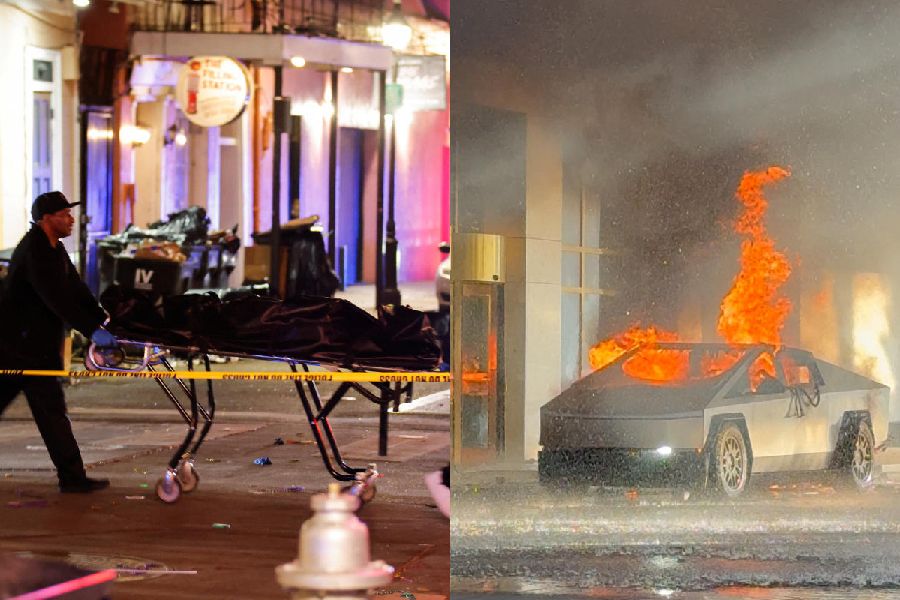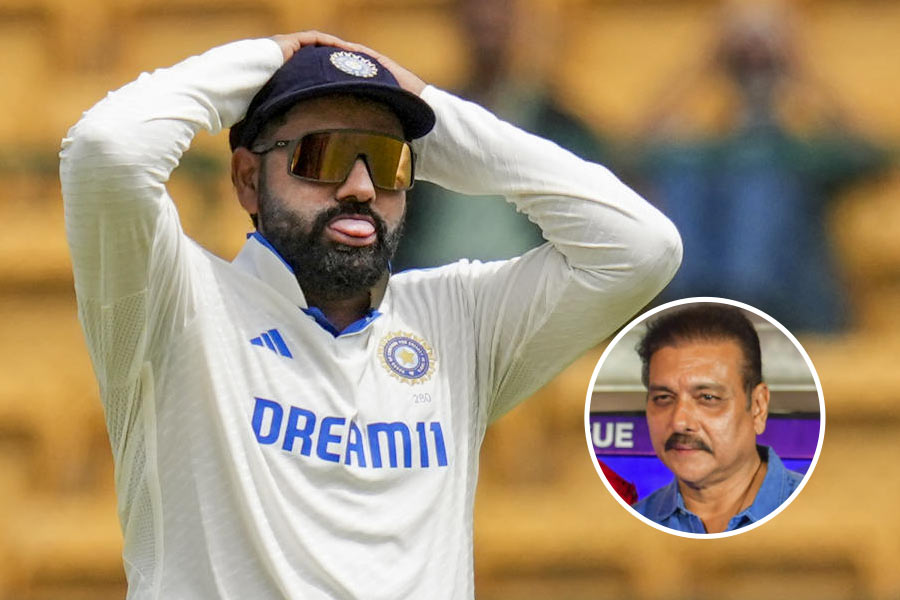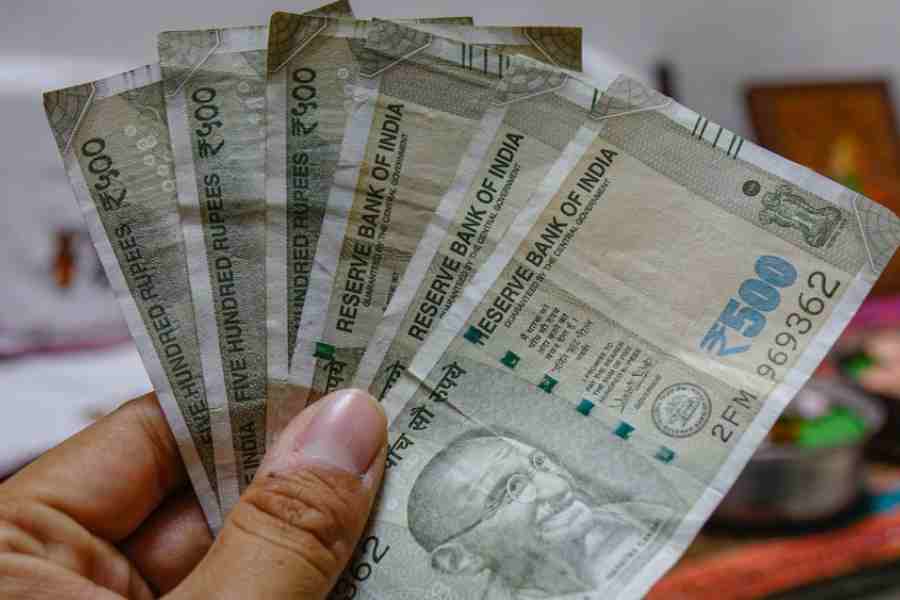Over the past eight months, the hill-valley schism in Manipur has snowballed with unprecedented intensity, accelerated by human machinations and apathy. Sunday witnessed the launch of the Congress’s Bharat Jodo Nyay Yatra from this strife-torn state with a promise to restore peace and ethnic harmony. The Congress leader, Rahul Gandhi, addressed a public meeting at Thoubal, highlighting the violence that has claimed more than 180 lives and left thousands homeless. In the capital, the chief minister, N. Biren Singh, countered: “Given the current situation, is it a time for politics by holding a rally? It is the time to protect lives and properties, and provide consolation.”
To the affected people, such political rhetoric adds salt to festering wounds. The violence that broke out in this state in May last year seems to have driven an irreconcilable wedge between the Meitei and the Kuki-Zo communities.
A Meitei academic said, “The recent arrests (of editors) have put a question mark on the process of democracy. Now the question is, ‘is democracy over in Manipur?’ Talks between the leaders and stakeholders of the two communities with Central leaders as interlocutors and laying down of arms are the needs of the hour. Divine intervention can only come through national leaders and think-tank groups who possess in-depth knowledge of the geopolitics of the Northeast.”
Another Imphal resident said: “We need a political solution where leaders of both the communities, under the aegis of Central leaders, decide to prioritise controlling the violence and lead the people towards peace and healing. We need to resolve the issues of illegal migration and narco-terrorism at the national level. Leaders of other communities should play an active role in the healing process. Heartfelt apologies from both communities on the atrocities committed will be helpful. Also, there is a need to give a voice to the stakeholders — the displaced people — about their desires and decisions.”
Voicing the sentiments of the Kuki-Zo community, a professor said: “I believe that peace is the only desired way to move forward in terms of the economy, politically and individually. However, the initiative must come from the government (both Centre and state). Unfortunately, in the case of Manipur, we may not see it happening in the near future. The reasons are best known to both the governments and our only hope is to pray and wait for god’s miracle. It may be political motivation that shapes the present crisis in Manipur, but we tribals are fighting for our survival.
“There may be many underlying reasons for the conflict in Manipur, but a most prominent one is the Meitei community’s insistence on Scheduled Tribe status. They already enjoy OBC and SC reservation along with general seats. Yet they covet the ST seats provided by the Constitution. In the 60-member assembly, the Meiteis enjoy 40 seats. The present crisis in Moreh (on the India-Myanmar border, where the Kuki-Zo are in a majority) is also the outcome of their clamour to control any area where Kuki-Zo are a majority. The state forces injured nearly 15 people (women and children included) in May 2023 in unprovoked firing. Despite the home minister’s assurance, nothing has changed”.
The latest killings, including that of a father-son duo, have taken place in Bishnupur district, where the town of Moirang is located. Significantly, it was at Moirang that the flag of the Indian National Army, led by Netaji Subhas Chandra Bose, was unfurled in 1944. As the nation prepares to celebrate Netaji’s 127th birth anniversary four days from now, one hopes his call for unity, sacrifice and harmony will resonate in Manipur, or at least with the prime minister, who appears to have forsaken the state.

